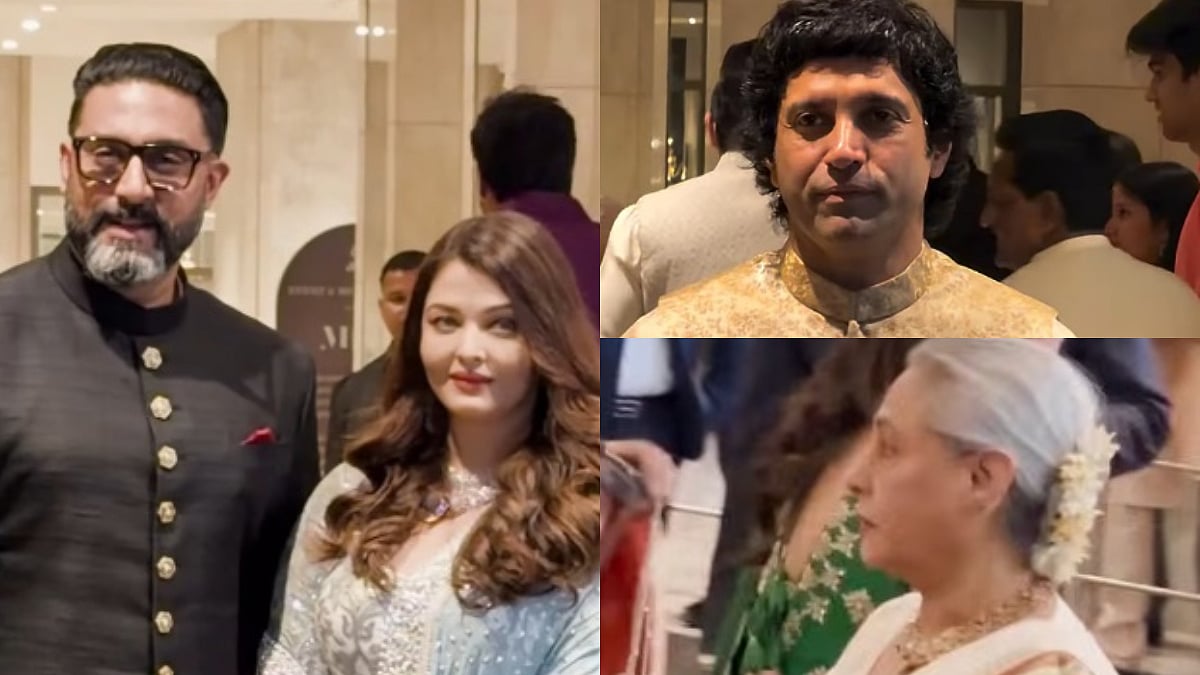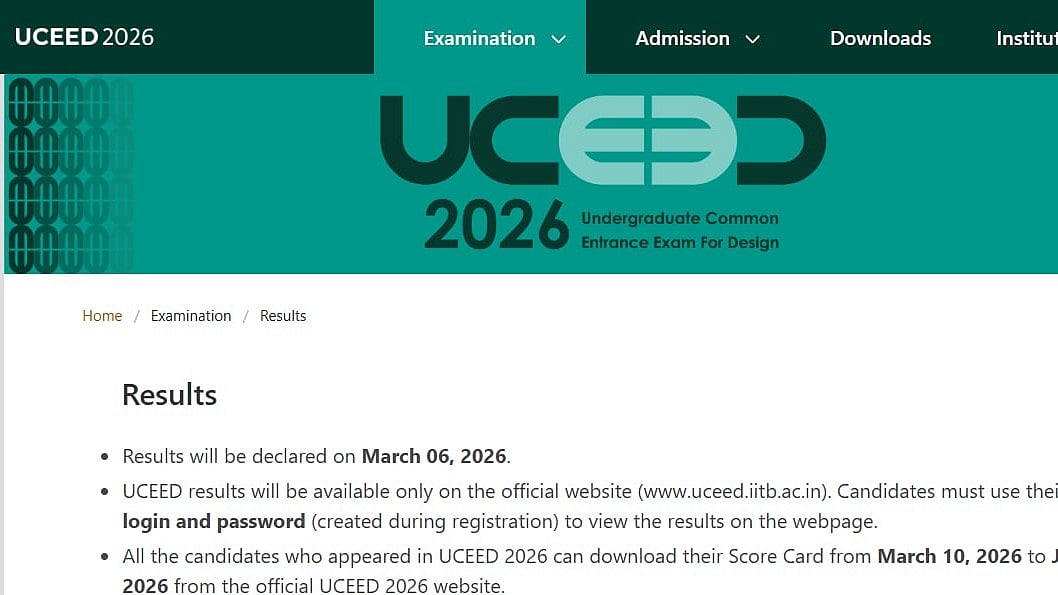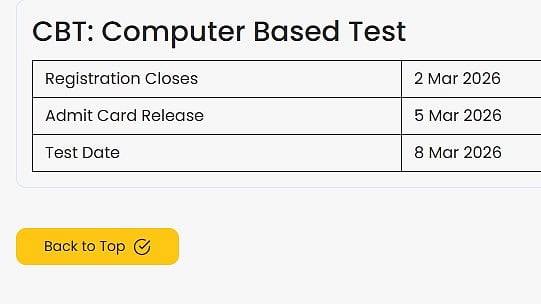Among the list of well-known scholars as Sanskrit dramatists and poets of ancient India Bhavabhuti was one who carved his name in the niche of the list, writes MEERA S. SASHITAL.
Bhavabhuti belonged to 8th century period and was born to Nilkantha and Jatikarini a high learned Brahmin family. His birthplace was Padmapura, Vidharba (Gonda district) on the border of Maharashtra and Madhya Pradesh. He became renowned for his Sanskrit plays which were regarded as equal to Kalidasa’s works.
As for his education, we learn, Bhavabhuti was educated at Padmapura the place which was 42 kms. South-west of Godoor. He was initiated under the Guru Paramhans Dnyananidhi who became his Guru. It seems, at a place called Kalpi which is situated at the banks of the river Yamuna, Bhavabhuti got his inspiration to write all his historical plays. He shot to fame for his three Sanskrit plays viz. Malati-Madhav, UttarRamcharita (the story of later life of Rama) and Mahavircharita (the story of highly courageous).
Bhavabhuti seems to have been the court poet of King Yashovarman of Kanauj and known to have been in the entourage of the king who had fought with Lalitaditya Muktapada, the king of Kashmir and had got defeated by him. Moreover, on the basis of ‘Rajatranjani’ the historical work, scholars gather that Bhavabhuti and Vikpatiraja were patronized by king Yashovarman of Kanauj . From Vikpatiraja’s reference to Bhavabhuti in one of his works, scholars deduce that this could be because he was a contemporary of but slightly junior to Bhavabhuti.
It seems Bhavabhuti gave little importance to critics of his period who strictly adhered to the rules of Sanskrit Dramas while judging any Kavya or poetry. He followed his own method while composing poetry or writing his plays and this it seems is reflected in his famous play Malati –Madhav. From Prof. C. Ramanathan’s narration we learn that Bhavabhuti was conversant with philosophical schools with subjects like Vyakarna, Mimamsa, Vedas, Sankhya and Yoga. Reared in a high Brahmin family with grooming during his higher studies at Ujjain, he obviously had a good Indian cultural background too. It seems he was so accomplished in Sanskrit that he used the Gaudi style while writing his plays which was quite rare in Sanskrit literature.
Of Bhavabhuti’s three plays, Mahaviracharitam (Exploits of a great Hero) is said to be the first. This play we learn is about the early life and exploits of Lord Rama. Being the first play, it seems, it lacks the refineness of the later two plays. He seems to have made some conspicuous alterations from the original Ramayana story of Valmiki. For example, he has presented Kaikeyi as innocent and not responsible for Rama’s exile, making Surpanaka come in disguise as Manthara, plotting of Malyavan, and Vali allying with Ravana and killed by Rama in a fair battle. According to one theory, the play is composed of seven Acts but some scholars agree that the play was left incomplete after the 46th verse and some external writers completed it to make seven Acts. It seems in this play Bhavabhuti has described Rama as a Mahavira or a warrior fighting with Parasuram, Vali and Ravana.
As per Prof. C. Ramanathan we learn that the play Malati-Madhav has ten acts comprising of two plots, one main and the other a sub-plot. The main plot is said to revolve round the love story of Malati and Madhav while the sub-plot or story is about the love story of Makaranda and Mayantika. The fascinating love stories with some horror events depicted by Bhavabhuti in this play make it outstanding in Sanskrit literature. According to the renowned Sanskritist Daniel H.H. Ingeles, “Malati-Madhav is a work that combines love and horror with a felicity and never again equated in Sanskrit literature.”
Uttaramacharita by Bhavabhuti is a masterpiece and his best we learn. To quote Prof. Ramanathan “it is an excellent work renowned for poetic beauty and masterly presentation of Karuna Ras, the sentiment of Pathos.” Tamasa and Vasanti are new characters which Bhavabhuti is said to have introduced in this play. This play is believed to deal with the later life of Rama. Here too Bhavabhuti, we learn, has picked up some incidents which are from sources other than of Valmiki Ramayana.
Bhavabhuti is most adept in picturization of Rasas or feelings or emotions. The way he has described Rama being ruthless in banishing Sita and then Rama weeping like a child, a revelation can rarely be found in Sanskrit dramas. Similarly, it seems the Vira Rasa or of heroism is exposed in Rama’s courageous speech, Raudra (anger) in Parasurama’s speech and Bibhasta (disgust) in describing the demons and their corpses.
Scholars opine that Bhavabhuti seldom used humour or “lighter vein” in his works. He never dealt anything lightly in his works so that as a result there is no Vidusaka in all his plays. Sanskrit Scholars concur that Bhavabhuti as well as Kalidasa owe their indebtedness to Kautilya. According to Dasaratha Sharma, the dramatists Bhavabhuti and Kalidasa utilized the ‘Arthashastra’ of Kautilya while composing their works. In their view Kalidasa is indebted to Kautilya’s Arthashastra for material in the Raghuvamsa whereas Bhavabhuti utilizes words and ideas from the Arthashastra in the Malati-Madhav and Mahavircharita. Scholars seem to find a striking resemblance between the policies of Ravana’s minister Malayavana and the policies suggested by Kautilya in the Arthashastra.
Bhavabhuti has been the most illustrious dramatist and a poet of 8th century and Sanskrit Scholars have found his work immortal and ranking only to Kalidasa.




